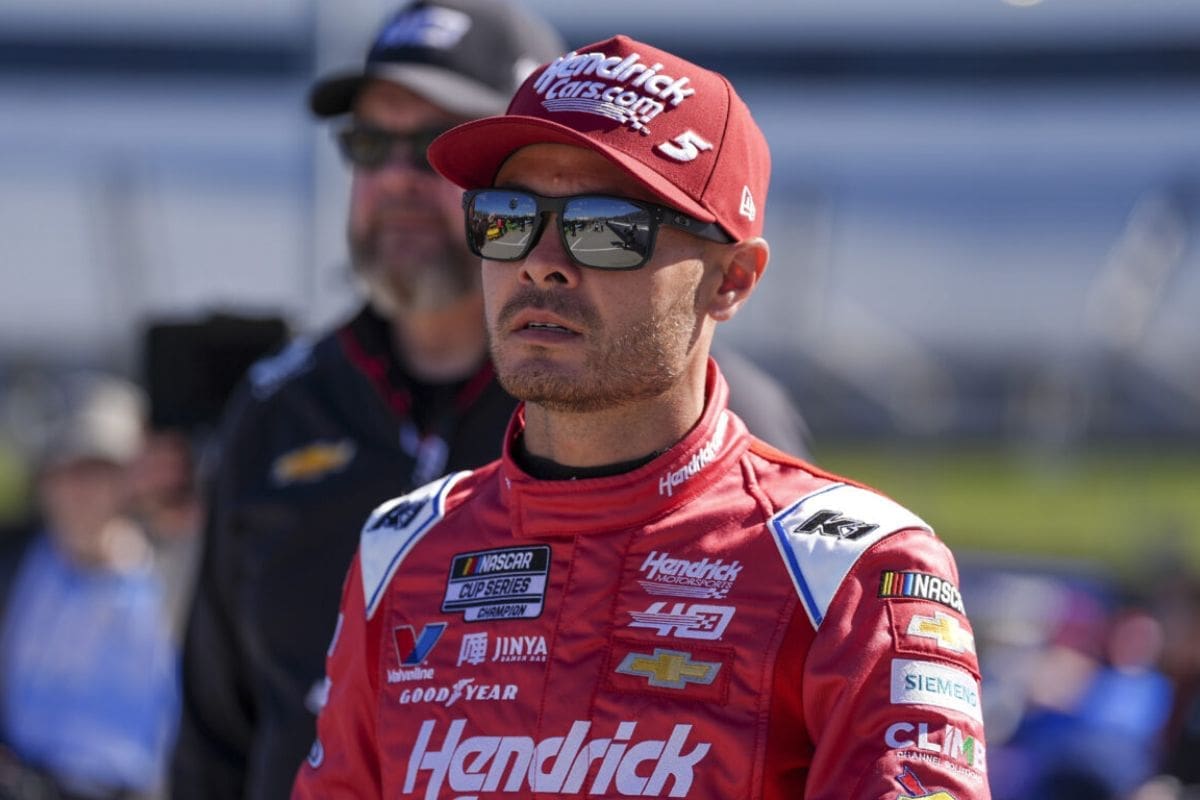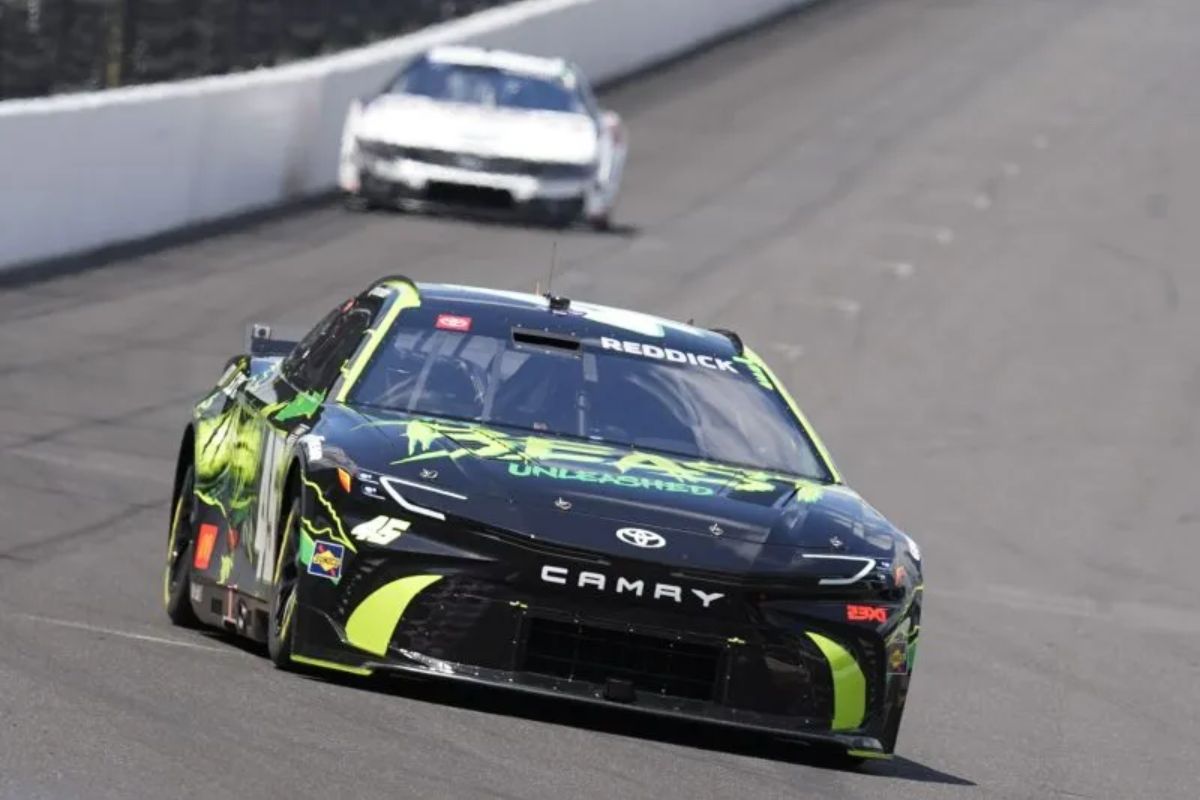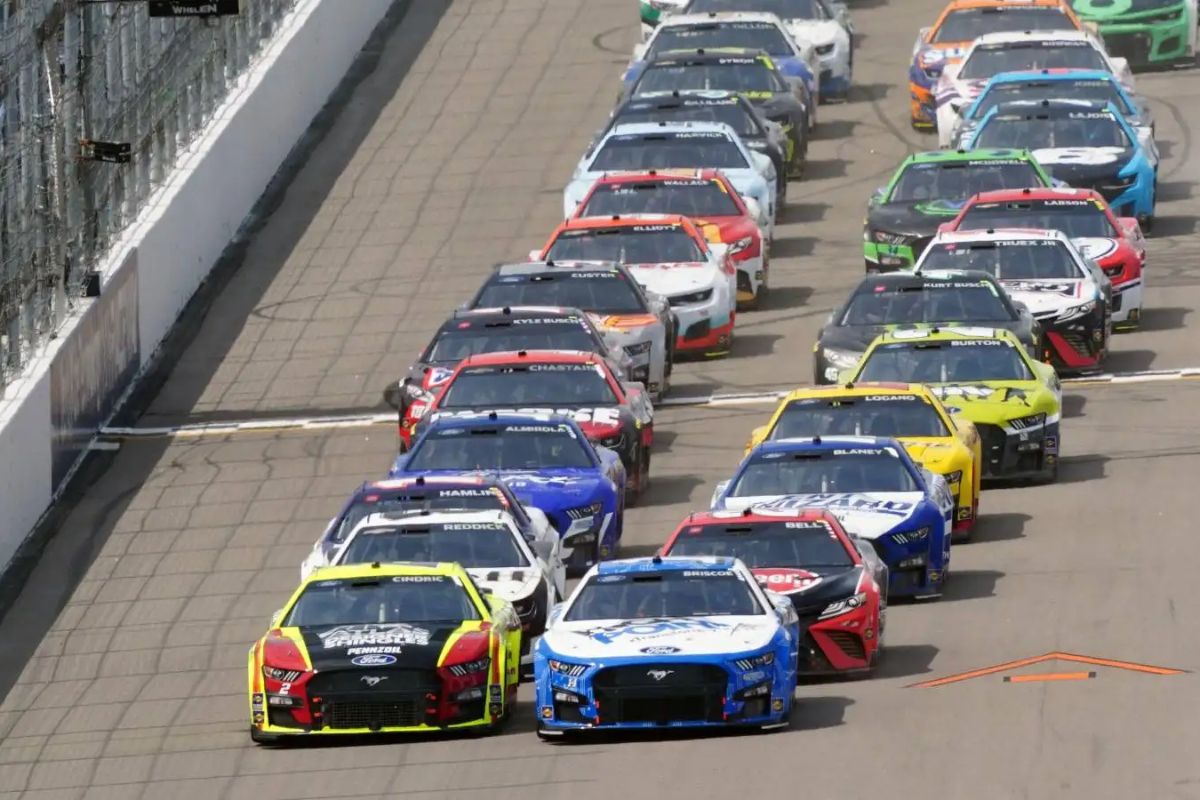NASCAR Always Stays Out of the Olympics: The exclusion of NASCAR from the Olympics raises questions about the intersection of sport and machinery, particularly as the Olympic movement emphasizes human athleticism over mechanical skill. While NASCAR shows speed and precision, its reliance on advanced technology and engineering challenges its alignment with the traditional Olympic ethos. Additionally, logistical hurdles and cultural biases further complicate its potential inclusion. As we investigate the implications of these factors, it becomes crucial to consider whether the essence of racing could ever truly resonate in the Olympics.
Key Highlights
- NASCAR’s reliance on machinery reduces the Olympic ethos prioritizing human athleticism and physical capability measurement.
- Logistical challenges, such as specialized tracks and safety measures, complicate NASCAR’s potential inclusion in the Olympics.
- High costs and infrastructure demands associated with motorsports present significant barriers to Olympic integration.
- Cultural perceptions and resistance from traditionalists prioritize conventional sports over NASCAR, affecting its legitimacy as an Olympic sport.
Kyle Larson’s Views on Racing in the Olympics
As the prospect of auto racing‘s inclusion in the Olympics sparks debate, Kyle Larson articulates the excitement and complexity surrounding the idea, highlighting the challenges of immersing such a varied sport into the Olympic framework. Larson’s reflections reveal a detailed understanding of the intricacies involved in integrating motorsports into an event celebrated for its unity and standardization.
Larson’s concerns lie in the vast spectrum of racing disciplines, each with its unique vehicles, rules, and competitive formats. His skepticism is noticeable when he questions how an Olympic schedule could harmoniously coexist with the grueling demands of a professional racing calendar.
“I just don’t know how. Racing’s too broad and big, you know. I don’t know how you would do it.” – (Larson)
Additionally, Larson’s assertion that the notion of “generic cars” fails to capture the essence of individual racing styles speaks volumes about the sport’s rich diversity. He emphasizes that what may seem generic to some, like the reigning champion Max Verstappen, remains far removed from the reality of diverse racing experiences.
“No, we don’t. Wouldn’t be that generic to Max Verstappen.” – (Larson)
Larson’s enthusiasm for the potential of Olympic competition is tempered by these practical considerations. The prospect of competing for an Olympic medal presents an alluring opportunity, yet the question remains: how would the best drivers from different disciplines be selected fairly?
“To get the chance to compete for an Olympic medal or just compete in the Olympics would be life-changing. (It’s) an opportunity that none of us probably ever dreamed was possible.” – (Larson)
Exclusion of Auto Racing from the Olympic
The exclusion of auto racing from the Olympic Games is largely attributed to the perception that the sport does not adequately measure the peak physical capabilities of its competitors, raising questions about its alignment with the Olympic ethos. The Olympics have historically been a celebration of human athleticism, emphasizing events that display the limits of physical endurance, strength, and skill. This foundational principle creates a barrier for racing, which, despite its complex strategies and specialized demands, often centers around the machinery rather than the athlete.
Furthermore, the notion of motorsport as a team-oriented endeavor complicates its inclusion. Unlike traditional Olympic sports that highlight individual victories or teamwork in a direct physical contest, auto racing frequently involves intricate collaborations between drivers and teams of engineers and mechanics. This collective dynamic can dilute the perception of individual athletic achievement, a cornerstone of Olympic competition.
Additionally, the logistical and safety concerns surrounding auto racing also play a role in its exclusion. The infrastructure required for motorsport events, including specialized tracks and extensive safety measures, deviates from the traditional Olympic venues. Such requirements pose considerable challenges regarding feasibility and cost, particularly for an event that aims for inclusivity and accessibility across diverse nations.
Physical Demands of NASCAR Racing
What many may overlook is the extreme physical and mental endurance required of racing drivers, who face a grueling combination of intense G-forces, prolonged periods of high concentration, and considerable temperature fluctuations throughout races that can last several hours.
The demands of NASCAR, in particular, are unmatched, as drivers experience sustained lateral and longitudinal G-forces that can exceed 4 Gs, leading to considerable physical exhaustion.
During a typical race, drivers can lose up to ten pounds of body weight due to perspiration and dehydration, a reflection of the extreme heat inside the cockpit, which can soar above 130 degrees Fahrenheit. This environment not only challenges their physical conditioning but also tests their cognitive abilities, as maintaining focus amidst the chaos of high-speed competition is critical. The mental strain is compounded by the need for split-second decision-making, where lapses in concentration can result in catastrophic consequences.
Moreover, the psychological component of racing should not be underestimated. Drivers must manage stress levels while driving complex strategies and adapting to the rapidly changing dynamics of the race. Engaging with the vehicle’s feedback while simultaneously anticipating competitors’ actions requires a remarkable level of mental agility.
Karting’s Olympic Inclusion
Karting’s recent inclusion in the 2018 Youth Olympic Games marks a significant step towards recognizing motorsports as a viable component of the Olympic movement, highlighting the growing intersection between traditional athletics and high-speed competition. This decision emphasizes the International Olympic Committee’s (IOC) willingness to adopt diverse sporting formats that appeal to younger audiences, thereby modernizing the Olympic ethos.
The integration of karting into the Youth Olympic Games serves as a trial, offering insights into how motorsports can be structured within an Olympic framework. Karting, being an accessible entry point into motorsports, allows young athletes from different backgrounds to participate, fostering inclusivity.
Future Possibilities for Racing in the Olympics
Could the future of racing in the Olympics depend on evolving perceptions of motorsports as a legitimate athletic pursuit, or will it remain relegated to the sidelines amid traditional sporting events? The conversation surrounding the inclusion of racing in the Olympic Games is increasingly relevant as the International Olympic Committee (IOC) goes through a landscape shaped by shifting audience interests and the evolving definition of sport itself.
While racing—including disciplines such as karting and motorsports—has often been dismissed as merely a spectacle, the growing recognition of athleticism involved in these activities may catalyze a reevaluation. Events like Formula E have begun to show not only speed but also tactical thinking, engineering expertise, and environmental consciousness, aligning them with contemporary values. The IOC’s commitment to inclusivity and innovation could foster an environment where racing is perceived less as a commercial enterprise and more as a legitimate sport.
However, substantial barriers remain. The inherent costs of motorsports, combined with logistical challenges surrounding venue selection and safety, complicate potential integration into the Olympic framework. Additionally, resistance from traditionalists who prioritize conventional athletics may hinder acceptance.
News in Brief: NASCAR Always Stays Out of the Olympics
The exclusion of NASCAR from the Olympics stems from fundamental differences in the definition of athleticism and the reliance on machinery inherent in motorsports. Despite the physical demands placed on drivers, the Olympic ethos traditionally emphasizes pure human performance.
Cultural perceptions and logistical challenges further hinder the acceptance of racing as an Olympic sport. As the landscape of competitive sports evolves, the prospect of NASCAR’s inclusion remains unlikely, highlighting the enduring divide between traditional sports and motorsports.
ALSO READ: NASCAR Stars Send Best Wishes to Team USA Ahead of Paris Olympics



